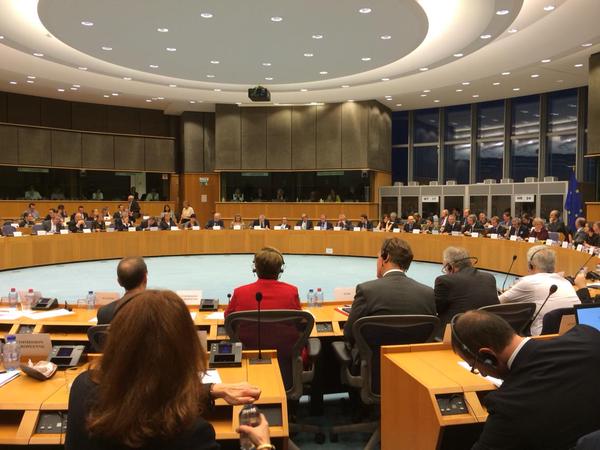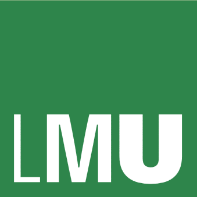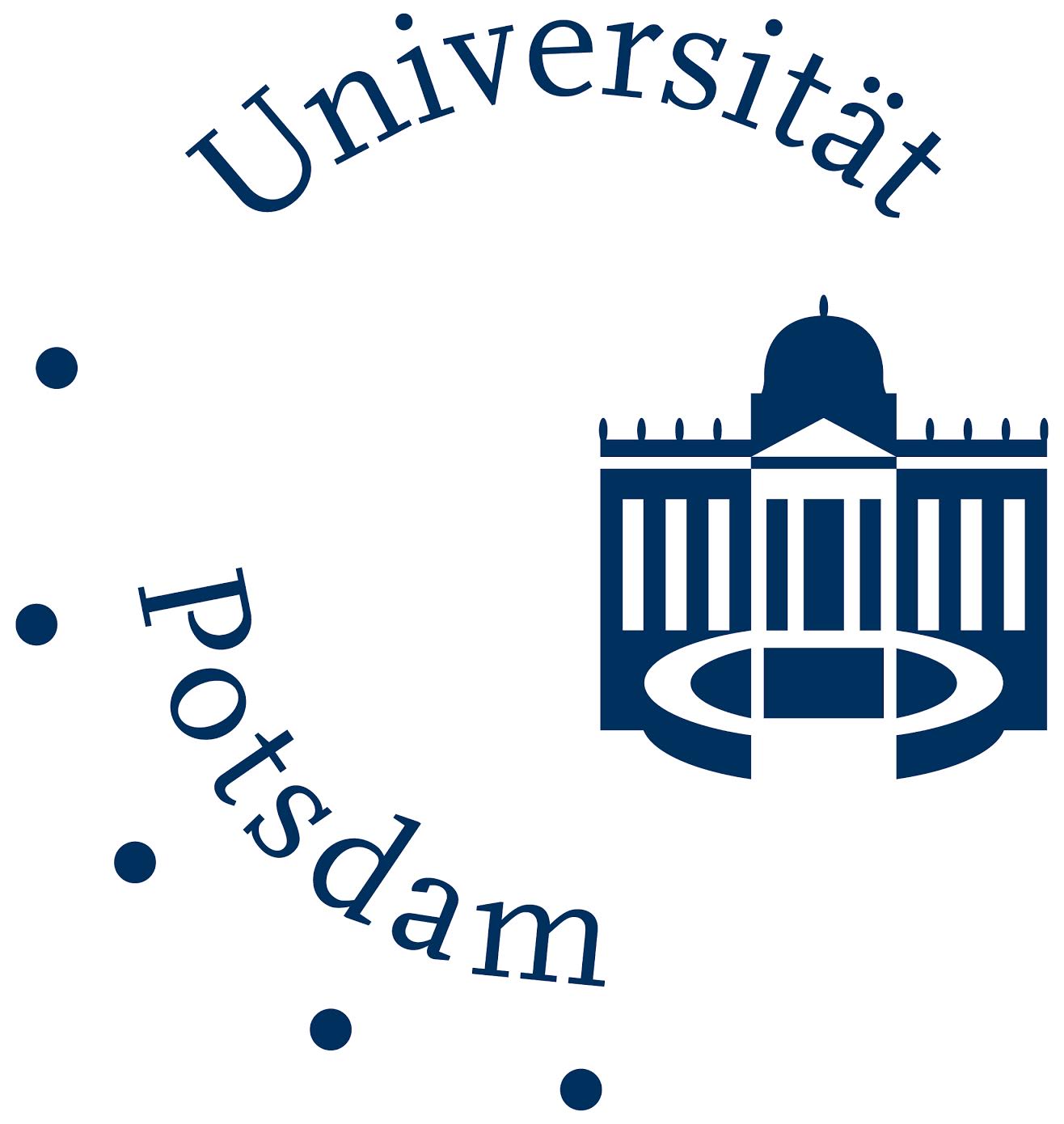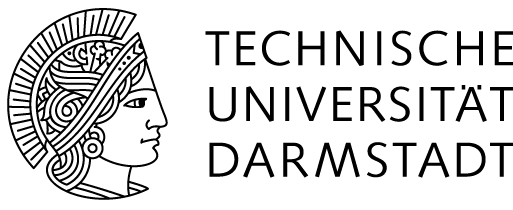Resource Mobilization in International Public Administrations: Strategies for the Financing of International Public Policy (RESOURCE)
Financial resources are arguably the most critical tool of public policy-making. Recent scholarly work highlights how the resourcing of international organizations (IOs) involved in various policy domains is changing, raising questions about how IOs are able to mobilize necessary resources. Notable developments include a growing reliance on voluntary contributions; the rise of international trust funds; and the importance of private organizations in financing international policies. However, we know little about how International Public Administrations (IPAs), the bureaucracies inside IOs, have responded to the growing complexity in the financing of international policies.
Against this background, the RESOURCE project seeks to advance our knowledge by focusing on how IPAs, individually and across organizational boundaries, have mobilized resources in a complex policy domain: refugee policy. This policy domain is especially instructive because of the long-standing involvement of IPAs in refugee policy – starting as early as the League of Nations. This allows observations over an extended period of time. Refugee policy is also a domain in which a variety of UN and other international organizations are involved, including specialized bodies such as UNHCR, IOM and UNRWA to other IOs for which refugee policy is just one of many other topics. These organizations require, and receive, different levels of resources to deal with both protracted situations of refugees around the globe while also reacting to emerging refugee crises.
The key questions that we seek to answer in this project are whether the bureaucracies of those IOs that are active in the field of global refugee policy are able to ensure an adequate mobilization of resources for their respective organizations; whether they are able to mobilize funding that is at the scale of the problems they are facing; and what factors inside international organizations and in their environment influence the ability of IPAs to ensure the necessary resourcing, including through cooperation and competition for resources in wider fields that include other international organizations.
.

EU budget negotiations in November 2014 (Picture by Anders Ahnlid, Permanent Representative of Sweden to the EU)
The research project will advance in two main phases:
In the first phase, we proceed with an organization-based approach, assessing budgetary and fundraising developments in key UN organizations involved in refugee policy. The aim is to identify how shifts in refugee populations in different regions of the world have affected resource dynamics, resource mobilization efforts, and administrative or broader organizational changes. In this first phase, key shifts and key refugee crises with significant effects will be identified for more in-depth research.
In the second phase, key refugee crises or periods of major resource mobilization efforts in the refugee policy domain will be studied to better understand how, presently and in the past, cooperation and competition between international public administrations in the field of global refugee policy affects resource mobilization and, ultimately, resource allocation. Potential regions of interest could be the Middle East, in particular Palestine refugees and the Syrian refugee situation after 2011; South-East Asia, in particular concerning the Rohingya population (both present and past crises); as well as the protracted and more acute refugee situations in various countries in East Africa.
Team
| Prof. Dr. Klaus Goetz | Project head |
| Dr. Ronny Patz | Researcher |
| Dr. Svanhildur Thorvaldsdottir | Researcher |
Link
http://www.en.gsi.uni-muenchen.de/chairs/ps_eu/index.html





